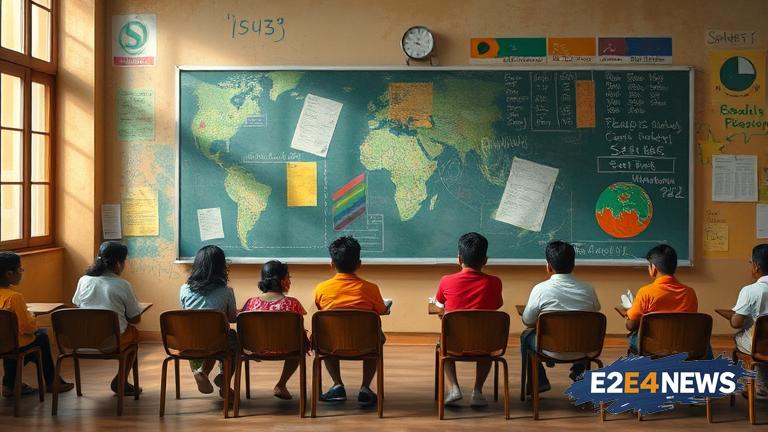The education system in Sri Lanka is facing a crisis, particularly when it comes to underprivileged schools. These schools, which are often located in rural areas, lack the necessary funding and resources to provide students with a quality education. As a result, the future of these schools and their students remains uncertain. The government has been criticized for not doing enough to support these schools, leaving them to struggle with limited resources. Many of these schools lack basic facilities such as libraries, laboratories, and playgrounds, making it difficult for students to receive a well-rounded education. Additionally, the schools often have limited access to technology, which is a crucial tool in today’s digital age. The lack of resources has also led to a shortage of qualified teachers, which further exacerbates the problem. The students who attend these schools often come from low-income families and may not have the same opportunities as their peers who attend better-funded schools. This can lead to a cycle of poverty, as students may not have the skills or education needed to secure good jobs. The government has implemented some initiatives to improve the education system, but more needs to be done to address the issue. The private sector has also been called upon to play a role in supporting these schools, but so far, the response has been limited. The fate of these schools is not just a matter of education, but also has broader implications for the country’s economy and society. If the government and private sector do not take action to support these schools, it could have long-term consequences for the country. The students who attend these schools are the future of Sri Lanka, and it is essential that they receive the education and support they need to succeed. The government and private sector must work together to find a solution to this problem and ensure that all students, regardless of their background or location, have access to a quality education. Furthermore, the international community can also play a role in supporting these schools through donations and partnerships. It is only through a collective effort that the fate of these schools can be secured, and the students can receive the education they deserve. The education system in Sri Lanka is at a crossroads, and it is up to the government, private sector, and international community to take action and ensure that all students have access to a quality education.
